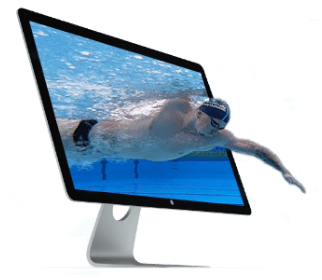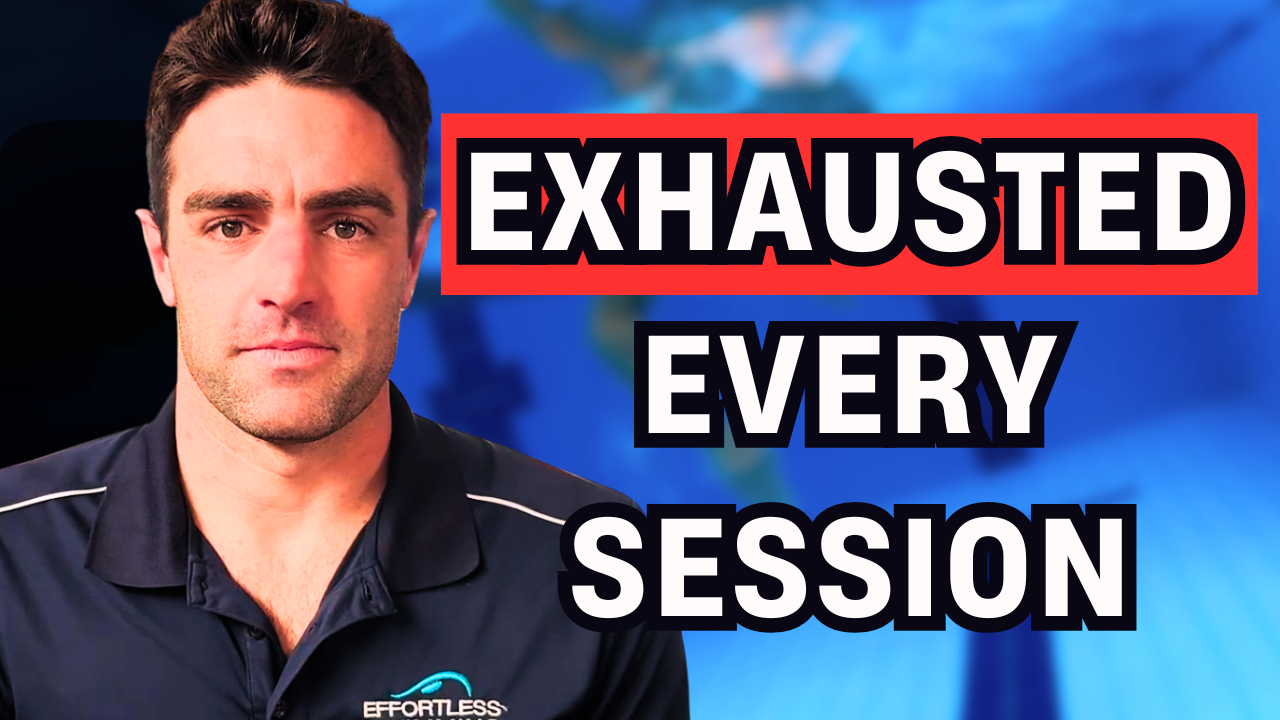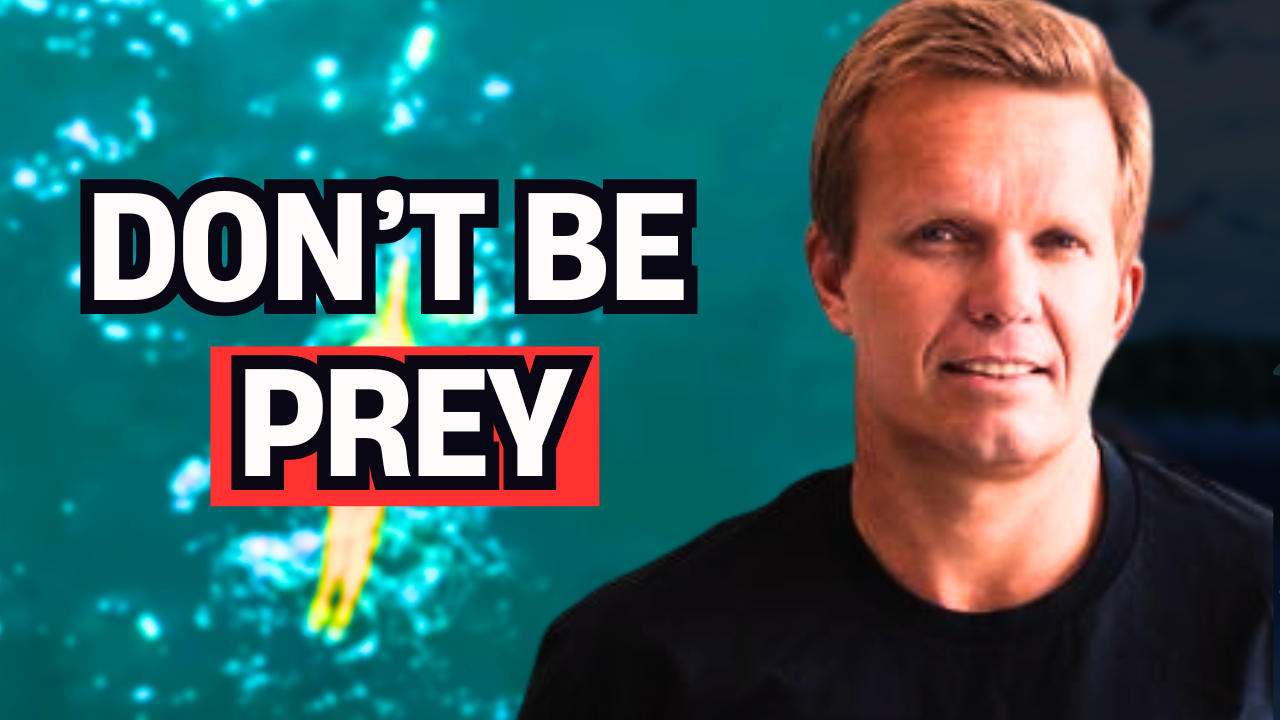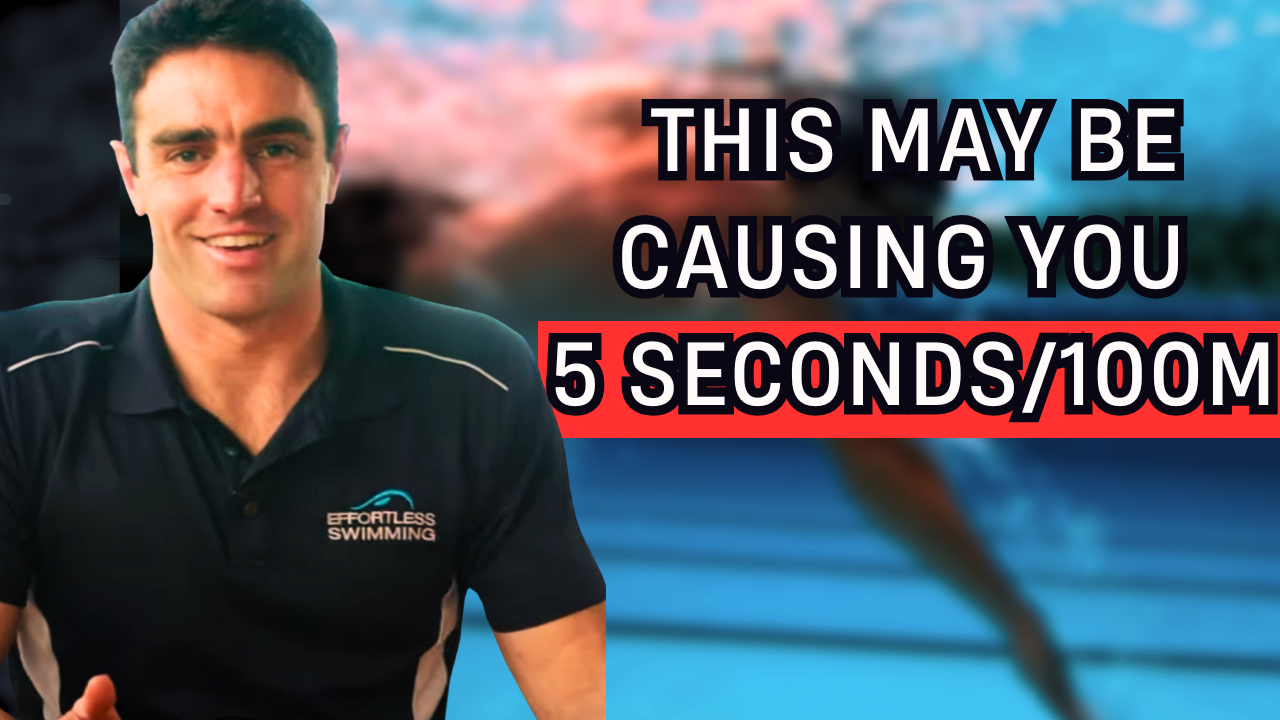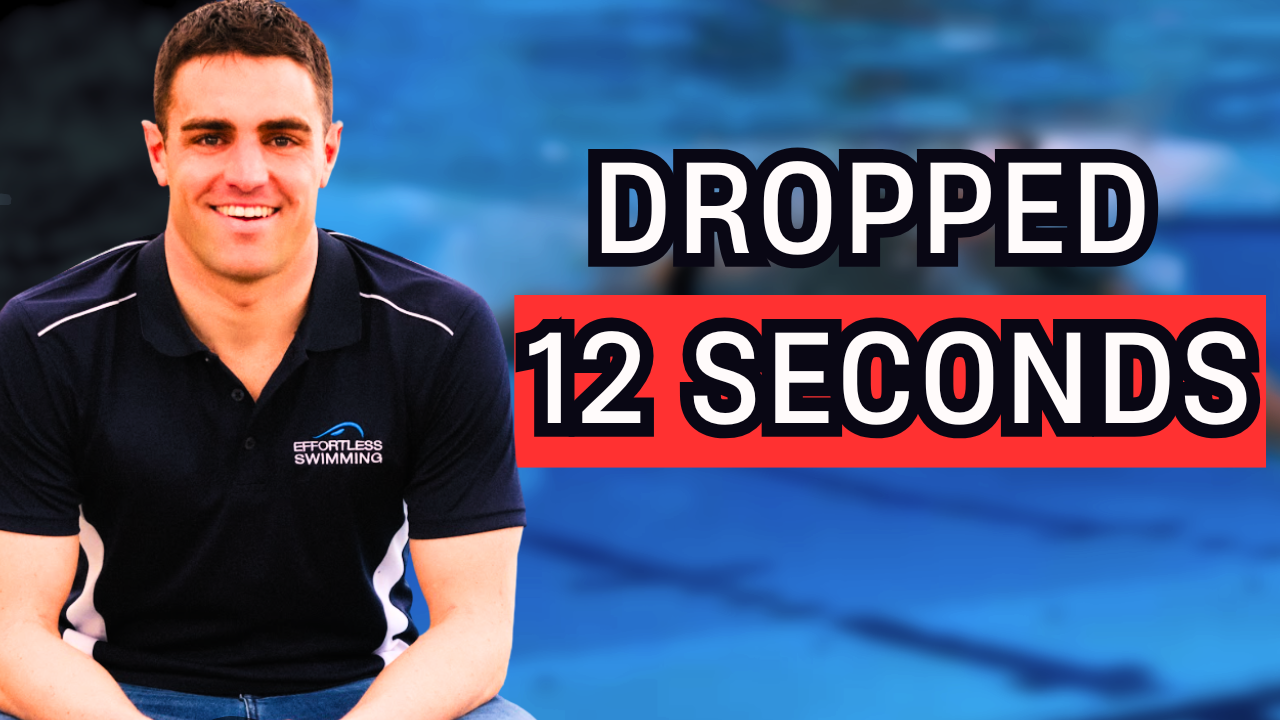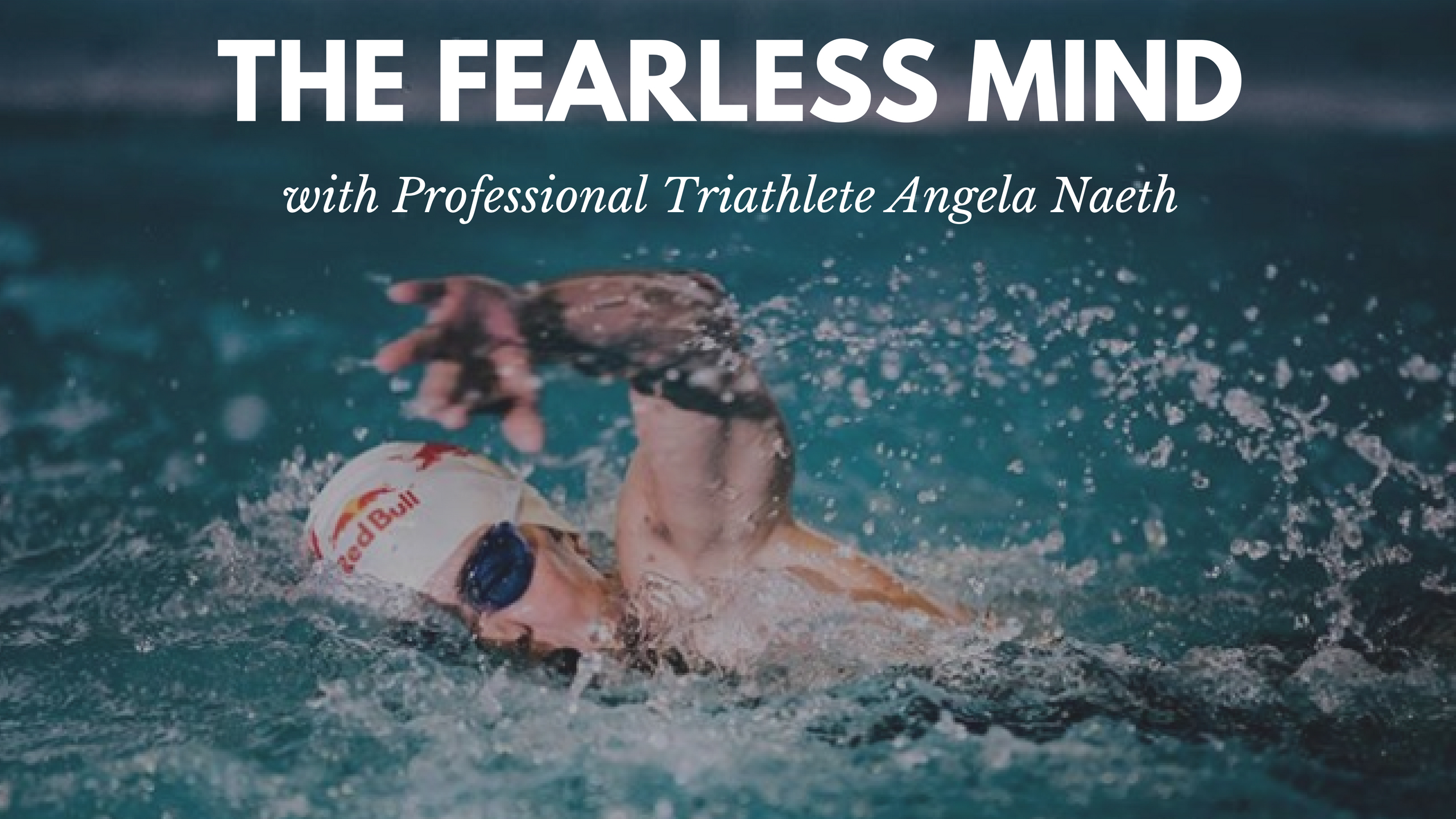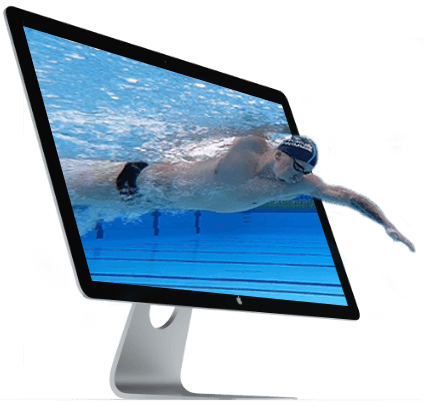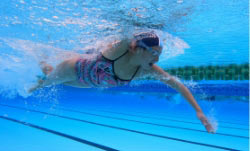This week’s podcast features Jason Hamilton as our guest. An athlete and triathlete
who I met during Hell Week last year in Thailand, Jason joins us to speak about his
journey as a swimmer, and how he trained to qualify in the World Championships.
We cover topics such as winter swimming locations, using structure to keep yourself
focused while training and exactly what made Jason swim faster.
Join us as we reflect on progress and setting goals as a swimmer.
02:20 – Jason Hamilton.
04:00 – Qualifying for World Championships.
06:00 – What makes you faster.
07:12 – Nathan Shearer
11:00 – Structure to keep focus.
13:14 – Ongoing goals.
15:00 – Winter training locations.
Transcript:
Brenton Ford: Welcome to episode number 119 of the Effortless Swimming podcast. My guest today is Jason Hamilton, who’s an athlete who joined me over in Thailand for a hell week camp last year. And on day two of hell camp, everyone sits down and sets their goals for the next six to twelve months whatever sport whatever event they’re doing. And two of Jason’s goals were, number one qualify for the world champs, which is coming up in September on the Gold Coast. And number two was to swim under 22 minutes 30 for his Olympic distance triathlon which is a 1500 meter swim. And he achieved both of those goals recently. So he’s qualified for the world champs and he swam just under 22 minutes for the 1500 meter swim. So, he achieved both of those goals. So I wanted to get him on the podcast to share what he’s done in the past six to nine months to help get him down there. A lot of it comes down to putting in the hard work getting in the pool on a regular basis. And there’s also a number of other things that he mentions there.
Now, one person, we didn’t mention on the podcast but he wanted me to make sure that I mentioned in the intro it was Giorgio Romano who runs the master swim squad up in Darwin known as the Darwin Stingers masters club. So I wanted to give him credit as well for helping him in his training and setting his programs. So let’s jump into the podcast. Here’s Jason Hamilton sharing how he was able to achieve both of those goals in the space of nine months and what he did too to bridge the gap from where he was, which was around a 25 minute 1500 meter swim to get down in just under 22 minutes.
Speaker 2: Welcome to the effortless swimming podcast the show that helps swimmers and triathletes love the water become a better swimmer and live a better life. Here’s your host Brenton Ford.
Brenton Ford: Welcome to episode number 119 of the Effortless Swimming podcast. My guest today is Jason Hamilton who is a triathlete or an athlete who came to hell week camp in 2017 and set himself some goals that he wanted to achieve in 2018 and basically hit those goals and he’s on track to have a really good 2018 season. So, Jass welcome to the podcast.
Jason Hamilton: Thank you, thanks for having me.
Brenton Ford: So you came along to hell week in Thailand last year and you had the two goals of qualifying for world champs in the Olympic distance tri and to go 22 and 30 swims within an Olympic distance race. So, where were you at the time, I guess in October, when we first met where were you in terms of on track for that? What was your swim time and was the situation there?
Jason Hamilton: When I came to Thailand in October I was sitting around on a 25 minute 1500, so that was a minute 40 per hundred. Prior to that I had really only been actively swimming for about nine months prior to that and before that, not at all, just purely focusing on the running scene.
Brenton Ford: And your background is but long distance running. Have you done one ultra or you’ve done it more than that?
Jason Hamilton: A background is quite a short history in this type of sport actually. So, in the beginning of 2016 is when I first started running. That was the first sport I went into and in that time I’ve done a couple marathons and one ultra marathon up to 96 kilometers that one was.
Brenton Ford: Wow. So, you haven’t got a huge background in, I guess, endurance sports, So, it’s all fairly new to you. And since October you pretty much hit your qualifying for world champs and the time. Do you wanna talk a little bit about what you got with the qualification and also they swim time what it’s down to?
Jason Hamilton: So, in terms of qualification it required me to have to participate in, they say, at least a minimum of three qualifying events. At the beginning of July each year they set out which specific Olympic distance races will be qualifying races were you can accumulate points for. And I had targeted three races in the state to achieve that and had a couple extra up my sleeve in case I was going to fall short. This year the World Championships are in Australia. And given that triathlons a self-funded sport at the age group level, generally speaking, the competition becomes quite face to secure a place for me Australian team in the lead up to a local World Championship. So, I’ve given I was fairly fresh into the sport. I thought I’d really have to have as many cards up my sleeve as possible to give myself a chance of making the team.
So I went out and participated in three and I was watching the final point sort of come together and there are only two races available left on the calendar that I have a crack at and I was looking like I was going to fall short miss out on the top 25 places which were the maximum number of people per age group they would take by only a few points. So, I threw my hat in the ring and took off to St Kilda at short notice and was lucky enough to place a seventh on the day in my age group. Sent my fastest swim time, my fastest overall time on the Olympic distance and lock away that place for the World Championships. So that final swim time ended up being just under 22 minutes on the day.
Brenton Ford: That’s awesome and what do you feel has got you from around 25 minutes to 22. What’s made the difference for you?
Jason Hamilton: I’d say it’s a combination of two things not having any swimming background at all, having that time in the water is really a big factor. Speaking to a lot of people early in the pace that are talking anything upwards of three times a week up to even five times a week you want to be in the water. And even if that’s not going out and doing big long sets or doing a lot of very hard repeat sessions, it’s just a case of being in the water getting a feel and getting the rhythm. And then the second part of that is having a coach. And a coach from the point of view being able to understand who you are or where you’re coming from and putting some structure around helping you achieve those goals. Because as with anything if you set those goals yourself the life, sickness, injury that sort of thing can get in the way. So, it’s good to have somebody else standing by your side and keeping you honest in the same breath as well. When you’re chasing these goals.
Brenton Ford: And that’s that’s Nathan Shearer?
Jason Hamilton: Yeah, Nathan Shearer.
Brenton Ford: He won, what did he win, Ironman Taupo the same year that I raced, we’re in the same age group. And he’s turned pro now as a triathlete. Very good triathlete and by all reports a really good coach as well and a gun runner at that too. I think he went, was it a two 50 for the marathon at the back end of his last Ironman event, which is a really quick time. So, having that sort of accountability, what’s it look like for you when you guys chat? You’re talking on your phone, is it just through training peaks? How does that accountability look to you?
Jason Hamilton: So, the benefit of putting our training plans through training peaks gives him clear line of sight in what I’m doing week in week out. And it allows me to also set in place some upcoming races likely that are on the calendar here in Darwin. So it’s very current I suppose between the two of us. And then as he sets out each of the weekly plans and schedules he’ll factor in those goals and I’ll put down whether or not this is one race I really wanna do. Or this is an optional one if you think it will add value to where we’re going what we’re doing. Early in the pace, it was just about getting an understanding of where he’s coming from when he sets up specific training sessions, what he’d like to see out of it. What things need to be aware of or conscious of particularly on the back of being new to the sport and new to doing back to back training sessions day after day across three disciplines.
But that sort of transferred now six months, well, it’s almost nine months down the track now into each of the weekly goals being set out. I’ll see the program I’ll know specifically what he’s wanting to do. And only if I’m needing a little bit of clarification, I’ll touch base with him throughout the course of the week. But if it’s coming up to a fairly major event and I just need that second opinion or just made somebody to sound something out he’s there to be able to pick up the phone and have a chat to or to Skype with. Whatever’s available at the time.
Brenton Ford: Awesome and now in the last I guess nine, twelve months since you’ve been out to get a bit more swimming under your belt and coming from not much of a background do you think about your swimming differently in terms of you get to the pool? Are you more confident with your swimming? Do you enjoy it more? Has anything changed there?
Jason Hamilton: I think the enjoyment piece around the swimming came fairly early in the piece because I saw some very quick improvements there. And starting out from not having any swimming background and racing locally here in Darwin, I see myself progress past a lot of the other triathletes who had been doing the sport a lot longer than me. So, that that enjoyment fed into that confidence that you know possibly I’ve got something here to take a bit further. And where was initially going to those swimming sessions it was more of a case of I had a little bit of a fear of water, particularly open water swimming in this case if I’m doing this for myself to become a better swimmer, to begin with.
And so I will go into the swimming sessions going, okay, I am doing this to survive this time and eventually it’s gonna make better. But as I’ve spent more time in the water I’ve been exposed to a lot more swimmers and triathletes. That’s transferred into me, really looking forward to each of the sessions and going into each session with a specific goal or a purpose in mind saying, last week that one 35 was pretty comfortable, let’s see if we can just sharpen it up a little bit further. Having said you have good days bad days you’re going in and out from one training session to the next across the three disciplines. So, you do have those waves. But I find that having that structure really does help me to hit the focus and keep the enjoyment there as well.
Brenton Ford: Yeah, that’s one of the key things is those, I think, those little improvements can really keep the motivation high and it doesn’t need to be much at all it’s like, oh, great I was one second two seconds quicker here than I was four weeks ago eight weeks ago. And just that steady improvement is what can really keep you hungry and keep you going. And you’re always going to go through those ups and downs especially if training a lot like you are, if you’re doing more than one session a day you’re doing multiple sports, you’re going to be tired at some point during the week you’re going to have sessions where you feel like you’ve forgotten how to swim or you’ve forgotten how to run properly. But it’s just knowing that that’s normal and then just sucking up and getting through that session and then hoping that the next one is going to feel better.
And it’s not just a steady rise it’s you’re always gonna have the ups and downs. And you’ve had a pretty, I’d say almost sort of, exponential rise in terms of your ability and your speed in triathlon and swimming and it’s really, really good to see and having only done the sport for sort of one, two years. It’s really exciting to see what you can get to, because I think you’re probably quite a natural athlete and you’re built well for a triathlon. So, it’s still very early days which is exciting. So, what’s the next thing for you in the next six to twelve months? What are the goals that you’ve set out?
Jason Hamilton: Well, given how much I’ve traveled and competed in state this year I’m sort of drawing a line in the sand at least for this year in terms where my goals are and the major event on the calendar now has qualified for the world champs is to do really well at that event. So, I’m really focusing on the swim leg and bike leg as my two weaker points compared to the competition over the next 10 weeks. But between now and then quite lucky we’re being based in Darwin. Our triathlon calendars are fairly active. Active calendar. We’ve got over 22 events I think we’ve got 23 on the calendar for next year. So, you can race almost every second week. We’ve also got the local swimming series firing out the road cycling series and road running series. So, between now and then I’m keeping myself quite active in racing those individual sports with the goal of racing games, so it’s purest. Learning what I can from each of those individual events and having me bring it together a lot better on the day of the world championships. So yeah.
Brenton Ford: That’s important. I think racing people who are specialists in each of those areas gives you an understanding of the level that you can get to in that sport, but also just helps with putting that into triathlon. I was speaking to a guy last week who has been working his butt off to improve his swim for Ironman and he was basically doing up to 40 K weeks, and he’s training for Ironman, 40 kilometer swim weeks because that was his weakness. So, a huge amount of training in the pool.
And he probably needs a little bit of work with his open water skills and I think probably the best way to him to do that in the offseason is he’s going to be entering just open water swims and getting used to swimming with the pack in the bunch and just improving the skills that way. And you can do that on a regular basis if it’s just a run race or just a swim race. So, I think that’s a really, really smart approach. And I didn’t know they had such a big series up in Darwin with that many triathlons throughout the season, that’s that’s huge. I wouldn’t have expected that.
Jason Hamilton: Yeah we’re very lucky up here. I mean contrary to what people think it’s quite warm and wet season comes through, it can be tough getting out there on the bike or even going out for a run and that’s … The warmer weather gives us a luxury that the guys down the south don’t is that we get to train during the winter months and it’s absolute bliss at the moment and this is when we get to bring in our longer events. So, back end of July we’ve got the long course championships. The long territory titles for that. And a week after that we’ve got an event called the Katherine ultra challenge, which is a six leg multi-sport event totaling a 100 kilometers in total. So, that’s a short quick turnaround. A week later after the long course. But gotta make the most of it while they’re there.
Brenton Ford: Yeah, that’s awesome. I was up in, where was I, Cairns and Townsville the other weekend and similar sort of climate to Darwin in terms of it’s up the north end and it was 25 degrees each day that I was there and just beautiful mornings there. It was a little fresh in the morning but just enough to wake you up. But the climate during the winter months up in Darwin, up in northern Queensland is just so spectacular that I can see why people live there. I’ve only been there in the summer months where it was mid to high 30s, super humid and was just dripping sweat from stepping off the plane, but especially during these months it is amazing there and I can imagine it makes it very easy to train.
Jason Hamilton: I’d still definitely test you, but if you can get out there and do a little bit and be consistent about it as well, you definitely reap the benefits when you do head back home. If you’re coming up here for a short time or head down south to compete. Yeah, we’re very lucky to be where we are.
Brenton Ford: Yeah, and I mean for those, for people who don’t know the climate of Darwin I mean what sort of temperatures do you see in the wet season?
Jason Hamilton: The wet season, the temperature doesn’t get up crazy high you’re talking about 32s, 33s, 34s, but it’s more the humidity that has the biggest impact on you, particularly when you get out there and start moving around, like you said, you get off the plane and you just feel the thickness in the air and you just start sweating straight away. So, it’s really just coping with that humidity, which will roll from 80 to 90 percent day in day out. And you get into the peak of the build-up you’ll have a daily thunderstorm rolled through maybe two sometimes and in the back end of the wet season you’ve got cyclones coming through or the possibility of cyclones coming through as well so, keeps it interesting.
Brenton Ford: Yeah, it sounds like it. And you’re coming back to hell week this year. I know you made some good friends at hell week last year, which is awesome and you got to catch up with those guys at the half Ironman in Cairns just recently. And yeah, it’d be good to see you back there. You’re bringing along a friend as well, which will be great and I’m looking forward to catching up you there. So, all the best for the worlds in the meantime and looking forward to seeing what you can do there ’cause you’re just making improvement after improvement, which is awesome. So, all the best and I appreciate you being on the podcast.
Jason Hamilton: No problem, thank you.
Speaker 2: Thanks for listening to the effortless swimming podcast. If you’d like us to help you become a faster more efficient swimmer go to effortlessswimming.com.









